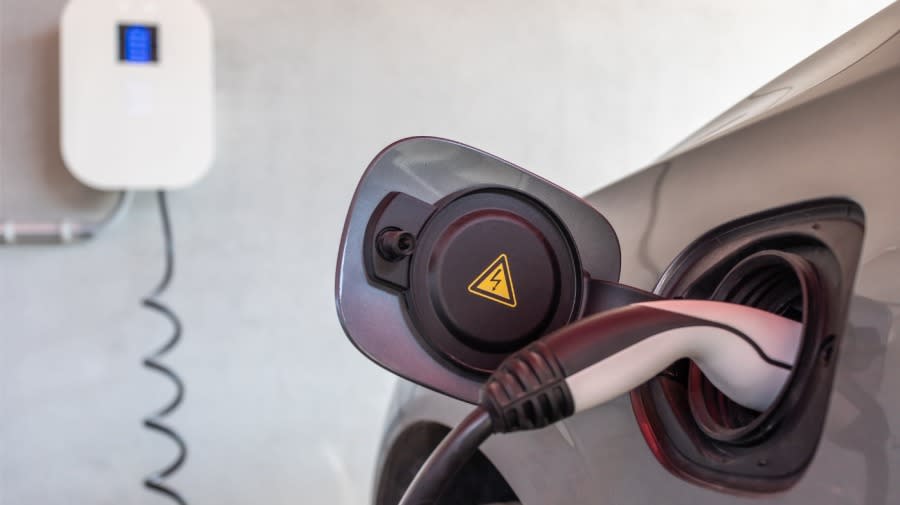For EV incentives, experts say devil is in the details

- Oops!Something went wrong.Please try again later.
Automotive industry experts joined Rep. Bob Latta (R-Ohio) on Wednesday in expressing concern over the implementation of electric vehicle subsidies included in the Inflation Reduction Act.
“It is incredibly complicated, and it needs to be fed to the consumer in a way that makes sense to them,” S&P Global analyst Stephanie Brinley said at The Hill’s EV/AV Summit on Wednesday.
Electric vehicle advancement is facing two hurdles, according to industry experts: cost and charging infrastructure. The Inflation Reduction Act and the 2021 bipartisan infrastructure law contain provisions that fund electric vehicle charging stations and subsidies for purchasing new and used electric vehicles.
But Republicans are skeptical that subsidies aimed at influencing consumer choices are the right approach.
“The American consumer should pick what they want to drive. The worst thing that could ever happen is for the federal government to pick the winners and the losers,” Latta said. “If the federal government gets involved with this I can guarantee we’re going to have a problem.”
The summit — sponsored by Hyundai — was moderated by The Hill’s editor in chief Bob Cusack and energy and environment reporter Rachel Frazin.
Industry advocates focused their concerns on the specificity of the subsidies. To qualify for subsidies, an electric car must have a certain proportion of its battery parts manufactured in the U.S., but industry advocates say it’s unclear what parts count as “battery parts” and point to other pieces of the legislation that are still unclear.
“A lot of the concerns we have are with the way the law was drafted and the implementation of it,” said Jennifer Safavian, president of Autos Drive America. “There are a lot of requirements in order for a vehicle to be eligible for a $7500 tax credit. … From the manufacturers’ perspective, they are still trying to understand what those requirements are and they are waiting for the Treasury Department to put out guidance.”
“For consumers, who we all hope will purchase these vehicles and get more of these vehicles on the road, it’s very confusing for them because the restrictions change … there’s a lot of confusion,” she said.
Despite a lack of clarity on which vehicles can qualify for subsidies, industry experts said they do believe the new laws will help increase proliferation of electric vehicles.
The experts and members of Congress from both parties also expressed support for funding more electric vehicle infrastructure.
Rep. Rick Larsen (D-Wash.), the ranking member of the House Transportation and Infrastructure Committee, said investments in EV infrastructure would help as well.
“To make this happen you need the supporting infrastructure. It’s not just having the electric vehicle yourself at home, you need to be able to charge it, you need to be able to feel confident that when you travel there’s an infrastructure network available to you as well,” he said.
For the latest news, weather, sports, and streaming video, head to The Hill.

